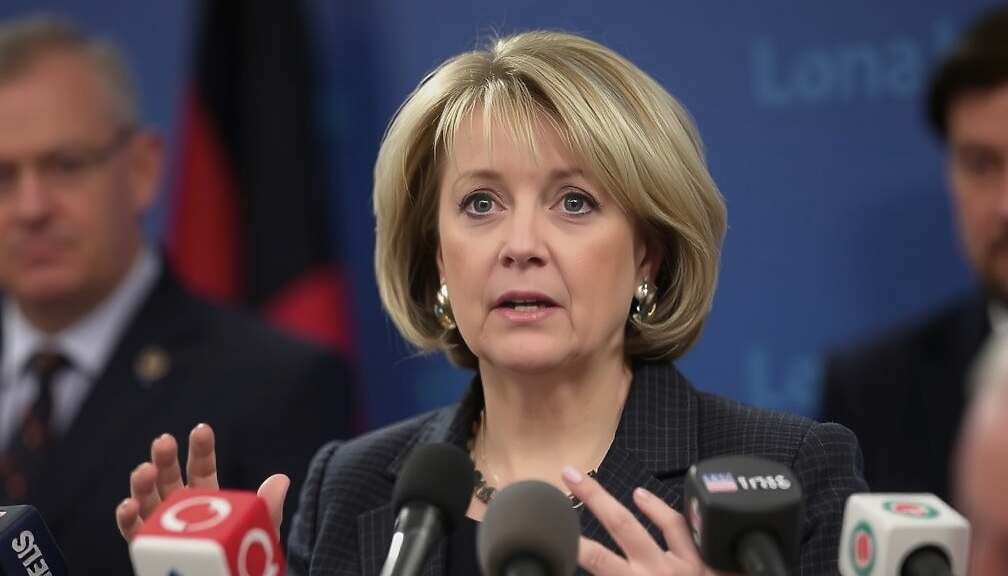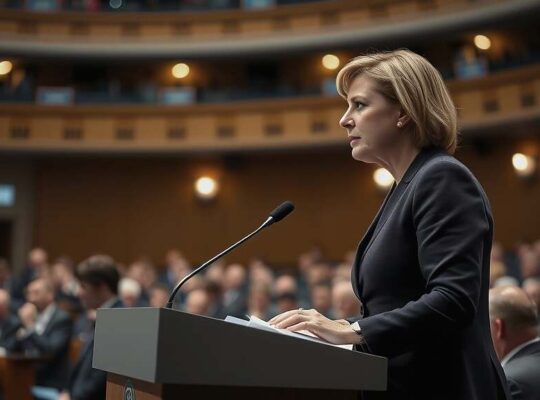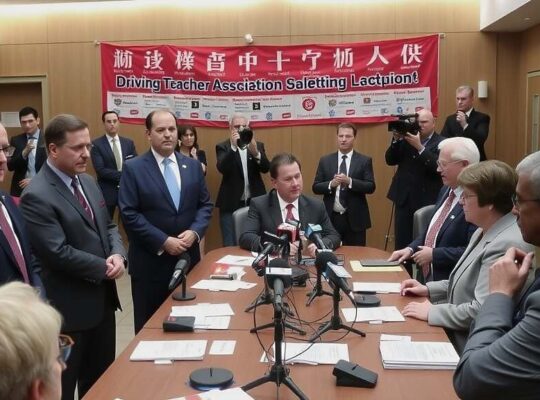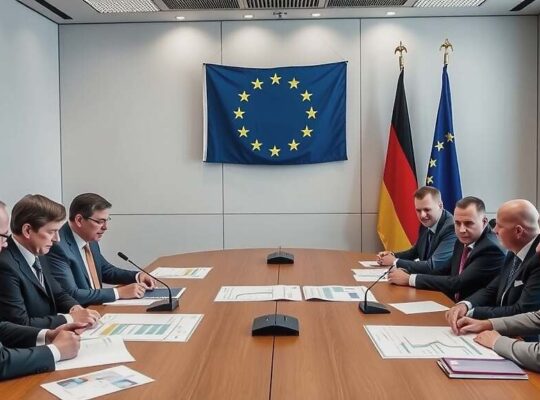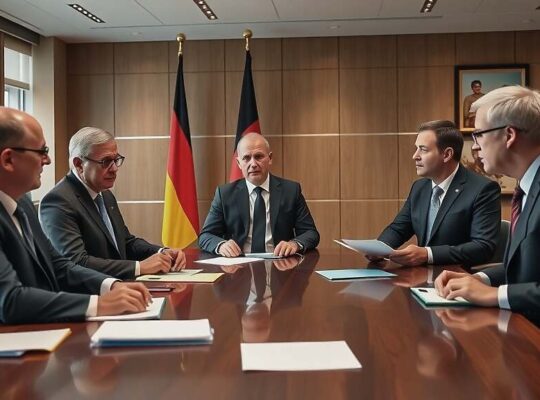Education Minister Proposes Potential Threshold for Students with Migrant Backgrounds
Germany’s Federal Education Minister, Karin Prien of the CDU party, has indicated openness to establishing a “ceiling” for the enrollment of students with migrant backgrounds in German schools. Speaking to the television channel “Welt” Minister Prien described a “migration quota” as a “thinkable model” while also acknowledging the viability of alternative approaches.
When questioned about a specific quota level, the Minister stated that drawing lessons from the experiences of other nations would be beneficial, suggesting possibilities ranging from 30% to 40%. She cited Canada as an example, noting its strong performance in standardized testing and relatively high rates of immigration and migration comparable to Germany.
Minister Prien emphasized that ensuring students possess sufficient German language skills upon entering school is her top priority. She argued that a lack of German proficiency at the start of schooling significantly hinders future educational success. Consequently, she advocated for early testing and diagnostics for all children, coupled with mandatory language support measures when necessary.
Furthermore, the Minister expressed strong condemnation regarding reports of a teacher being subjected to mobbing at a school in Berlin following the teacher’s disclosure of their homosexuality. She stressed the importance of empowering school leaders and educators to effectively address extremism, asserting that such behavior, alongside school violence, “must not be tolerated”. Minister Prien emphasized that criminal acts should be reported regardless of the perpetrator’s ideological leanings, be it right-wing extremism, Islamism, or left-wing radicalism.
Prien also called for enhanced training for teachers to better equip them to deal with extremism, acknowledging that this is not a standard area of preparation for educators in Germany. She stated that while extremism had long been perceived as a minor issue, Germany now recognizes significant challenges posed by both right-wing extremism and Islamism in certain areas.
Beyond the issue of migrant students, Minister Prien highlighted concerns regarding the educational engagement of children from families who have resided in Germany for generations, citing shifts in parental involvement and, in some cases, a perceived lack of focus on their children’s academic progress. She concluded by stressing the need for increased parental responsibility in ensuring their children’s educational success, emphasizing that education and upbringing are shared responsibilities between parents, schools and other institutions like early childhood education centers.


